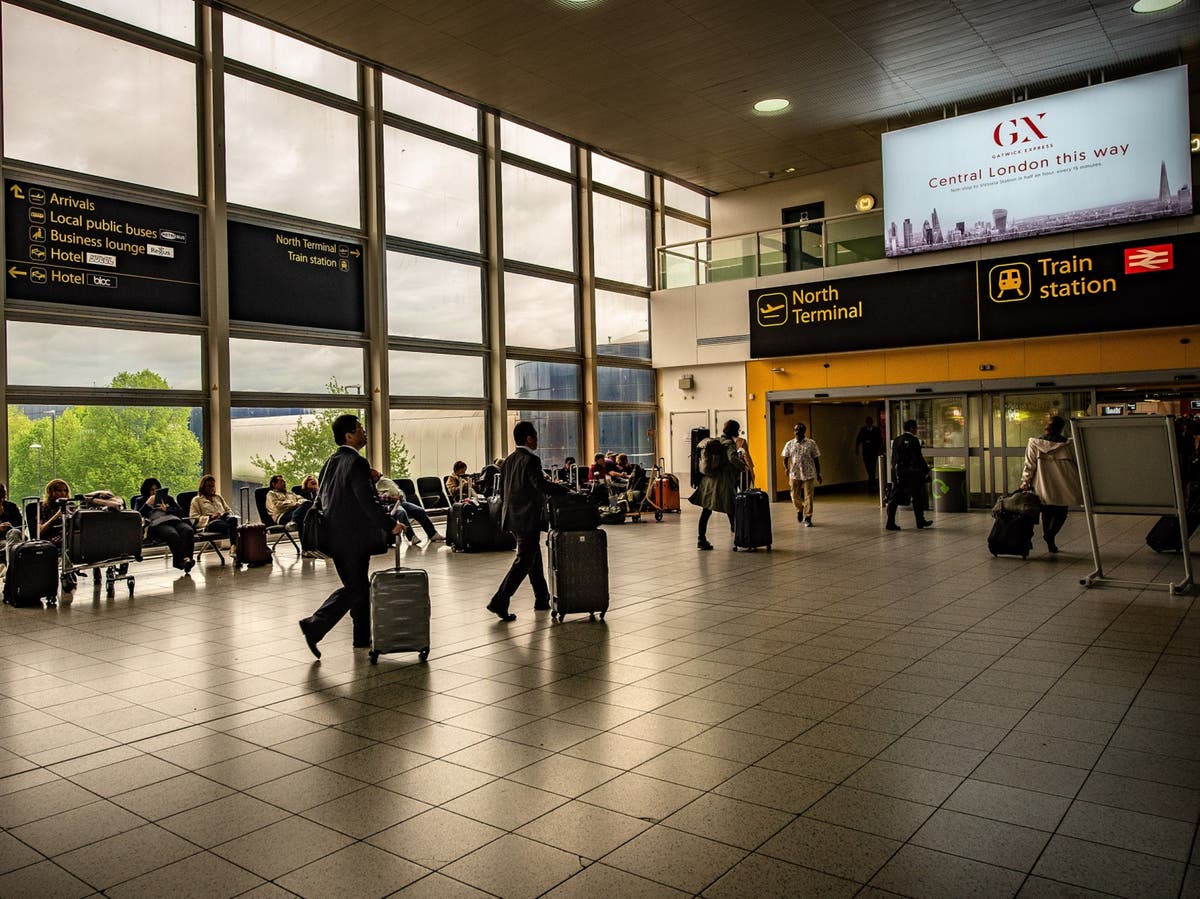Parenting Parentless
When my friend, Mary, decided to visit the Bay Area, I couldn’t miss the chance to see her and her two kids. We agreed to meet at her in-laws’ house.… Read more The post Parenting Parentless appeared first on...

When my friend, Mary, decided to visit the Bay Area, I couldn’t miss the chance to see her and her two kids. We agreed to meet at her in-laws’ house. Not long after we arrived, her young son wandered off and joined his grandfather in the basement gym. Then, about 30 minutes later, we saw him toddle to the front door to meet his grandmother in her garden.
Witnessing the seamless relationship between a child and his grandparents might be normal for some people. But for me, and others who have lost a parent, it was hard.
During my final year of law school, my mother was diagnosed with ALS, a neurological disease for which there is no cure. She died the following summer. Less than a year and half later, my father discovered he had cancer. He went into remission after chemotherapy, but the cancer returned two years later, killing him on my mother’s birthday.
Since then, I’ve missed my parents at all the big events: my wedding, a cross-country move, the purchase of our first house. I missed them even more during each parenting milestone — I ached to tell them that I was pregnant (both times) and see them hold our newborn daughters.
But it’s the little moments that hurt the most. Like when my two-year-old runs around in only a T-shirt with her pacifier, saying no to everything. Or when my five-year-old’s teacher tells me that she’s kind to every kid in her class. In those instances, I want to call my mom, knowing how she’d call her granddaughters ‘incredible.’ In this fantasy, my mom would also pass the phone to my dad who’d just listen, but I’d somehow feel his thin-mouthed grin.
And, of course, there are the bad days. Like the mornings when I wake up exhausted after three hours of sleep because the girls have ear infections. Or the days when my husband and I get in a fight, or the tenth editor rejects a pitch. The afternoons when the girls are hitting each other (usually the younger one hitting and the older one crying) and I feel like I’m not doing anything right. At that moment, all I want is for my dad to hug me, for my mom to put a warm washcloth on my forehead and send me to bed. On those rough days, I miss being parented.
I haven’t uncovered any magic tricks to make the sad feelings disappear. Instead, with time and therapy, I’ve learned how to live with my grief, which is a part of who I am and my parenting experience.
While I will never stop feeling disappointed that my girls won’t meet my parents, I do tell them how they inherited Grandpa Jack’s long eyelashes. And that he hung out in the shallow end of the pool because he was a nervous swimmer. I tell them about Granny Sarah’s bravery, how she rollerbladed and ice-skated. But also how she needed to practice more patience while driving. I show the girls photos of my parents, and explain that Grandpa Jack and Granny Sarah love them even though they can’t hug them. I read my kids stories about grief to educate them on an inevitable part of life, and we surround them with friends and family who fill their childhoods with warmth.
There are moments when I’ve felt ashamed by the intensity of my grief. In years past, I wondered if I’d be a better mom if I didn’t have to deal with that sadness and anxiety. But now I don’t feel that way; it’s taken a while, but I’m learning how to extend myself compassion. I am wiser and more empathic than I was before they died. I’ve learned that life can change quickly, and that I, like my parents, will die one day, too. We all will.
For now, I’m grateful for the chance to watch my girls grow. When Fianna sings ‘Get Back Up Again’ at the top of her lungs, and Lughnasa shouts every fifth word, my eyes fixate on them. At bedtime, I pull on one of my dad’s old sweatshirts, snuggle up in their beds, and their love fills me.
Katie Reilly is a writer based in California. Her writing focuses on women’s health, mental health, and parenting, and has appeared in InStyle, The New York Times Magazine and Elle.
P.S. More on grief, including The Dead Dad Club and how to write a condolence note.
0 COMMENTS

 Aliver
Aliver 

































